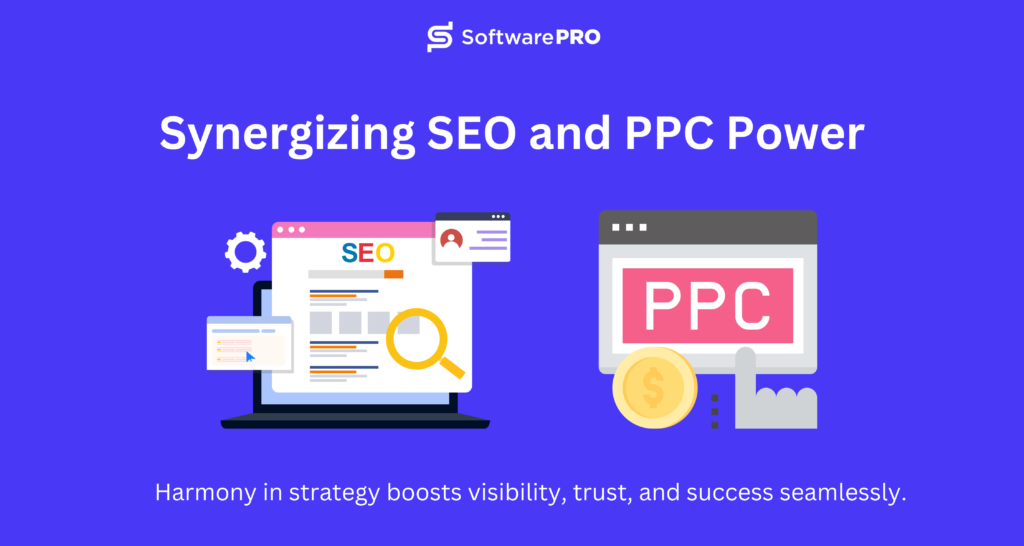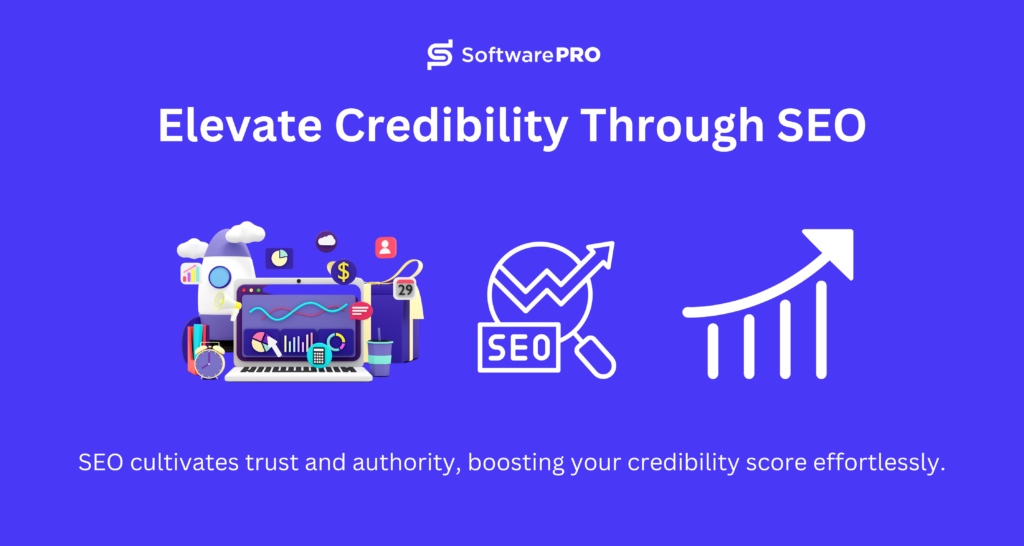SEO is actually of immense significance in 2024 and thereafter, for it offers countless advantages. It is just like a best friend to you and that helps enhance the status of your website or service. SEO is that magical potion that can help you grow organic traffic on your site. If you want to bring in a large number of leads, then SEO is there for you. Even for raising brand awareness, greetings SEO. The magical tool which we call SEO brings greater transparency and authenticity to your Web services.
5 Benefits of SEO in 2024
Drives organic traffic and leads
One of the leading advantages of SEO in 2024 and years to come is that SEO increases traffic and leads. SEO includes the integration of highly specific keywords in your content. It also includes other important elements such as meta title, meta description, integration of keywords in the alt text, and other important elements. All these aspects combine and reinforce your online presence. When your online presence increases, you can get more traffic and leads in no time. It increases sales of your services plus boosts return on investment or ROI.
By optimizing a website for search engines, businesses can improve their site’s visibility in search engine results pages (SERPs). It involves using relevant keywords, creating high-quality content, and making sure the website is technically sound and mobile-friendly. As a website ranks higher in SERPs, it attracts more organic traffic, visitors who find the site through a search engine query rather than paid advertising. This audience is often more engaged and targeted, as they are actively searching for information, products, or services related to what the site offers. The improved visibility and targeted traffic lead to more opportunities for conversions and customer acquisition. All this makes SEO a crucial component of any digital marketing strategy.
Boosts PPC success

SEO is also a boon for elevating PPC success to great extents. SEO (Search Engine Optimization) and PPC (Pay-Per-Click) advertising are two crucial components of digital marketing that, when combined, can enhance online visibility and success. SEO modifies a website to rank higher in organic search results. This factor makes it more visible to potential customers. The increased visibility often leads to more organic traffic and generates a solid foundation of credibility and trust. When a site appears high in organic search results, it’s seen as more reliable and authoritative.
On the other hand, PPC campaigns include paid advertisements that appear at the top of search results, offering immediate visibility. When SEO and PPC are aligned, they create a comprehensive search strategy. SEO-driven insights, such as keywords that perform well organically, can be used to optimize PPC campaigns. It also makes sure ads are targeted and relevant. Similarly, data from PPC campaigns can inform SEO strategies, highlighting effective keywords and user trends. This synergy not only maximizes the reach and effectiveness of both tactics but also provides a cohesive user experience.
Enhances your credibility score

SEO enhances credibility primarily by improving a website’s visibility and user experience. When a site ranks high on search engine results, it’s perceived as more trustworthy and authoritative by users. Users often believe that top-ranking sites are the most relevant and reliable. This visibility not only attracts more visitors but also supports the brand’s reputation.
Plus, SEO involves creating quality content and optimizing the user experience, positioning a brand as an expert. A user-friendly website that provides valuable information establishes a brand as a credible authority. This credibility is further reinforced through positive user interactions on the site, which search engines interpret as indicators of a site’s value, thereby creating a cycle of increasing credibility.
Eliminates Advertising Costs
SEO, or Search Engine Optimization, is pivotal in enhancing a website’s credibility by reducing reliance on paid advertising. Traditionally, businesses spend a lot on advertisements to attract traffic and build credibility. But, effective SEO strategies change this dynamic. Businesses can improve their organic search visibility by optimizing content for search engines, which naturally leads to increased website traffic. This organic approach is perceived as more credible by users, as it relies on the quality of content and user experience rather than paid promotion. Also, with SEO, the costs associated with continuous paid advertising are significantly reduced.
Streamlines User Experience
SEO enhances a website’s credibility by streamlining the user experience, a critical factor in retaining visitor interest and trust. A well-optimized website offers a seamless, user-friendly experience, a key component of SEO. It includes having a well-structured, easy-to-navigate website, fast loading times, and mobile-friendly design. When users find a website easy to navigate and the content relevant to their queries, it improves the site’s trustworthiness.
Positive user experience leads to higher engagement rates, longer visit durations, and lower bounce rates, which signals to search engines that the website is credible and valuable. As a result, search engines are more likely to rank the website higher, further enriching its credibility. This cycle of improved user experience and increased search engine ranking establishes a website as a reliable and authoritative source in its respective field.
In 2024, SEO remains crucial as it drives organic traffic, boosts credibility, and enhances user experience. It’s key to staying competitive in the ever-evolving digital landscape. SEO strategies align with user intent, ensuring websites meet evolving search engine algorithms and user preferences. This alignment is vital for maintaining visibility and relevance in a crowded online space
 Exciting news! Get 15% off on SEO Services
Exciting news! Get 15% off on SEO Services